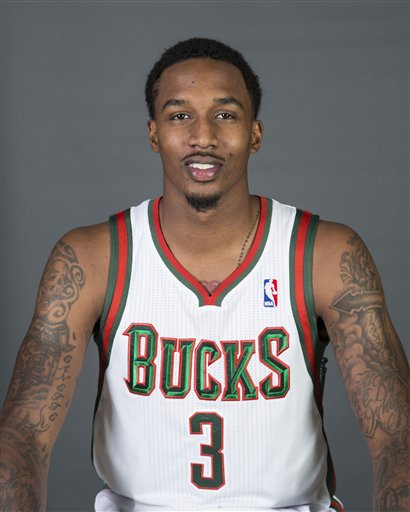Today’s installment of Better Know An Opponent focuses on the Detroit Pistons. Let’s take a look.
Projected Starting 5
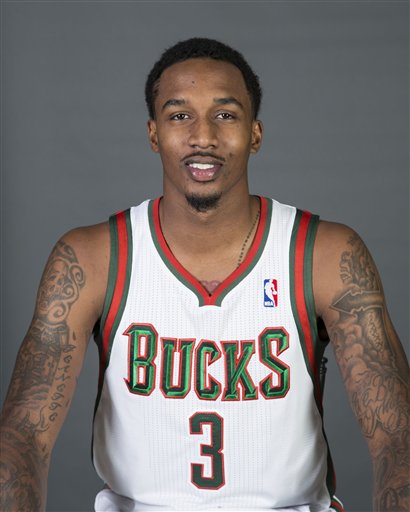 Brandon Jennings (Stats) |
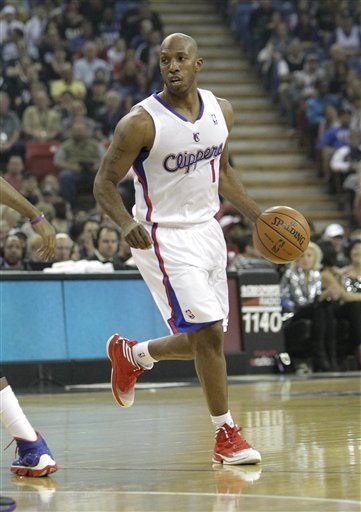 Chauncey Billups (Stats) |
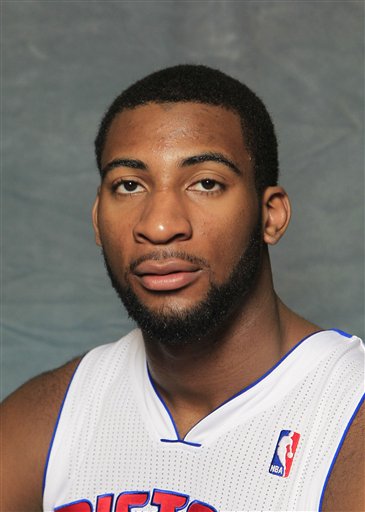 Andre Drummond (Stats) |
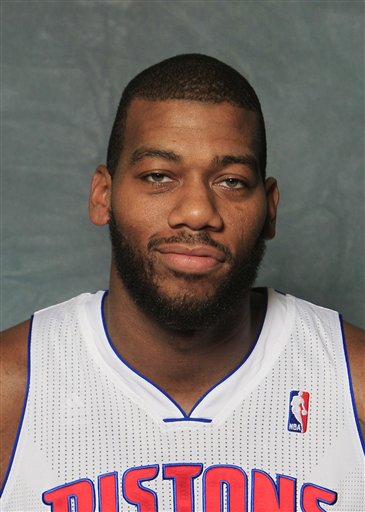 Greg Monroe (Stats) |
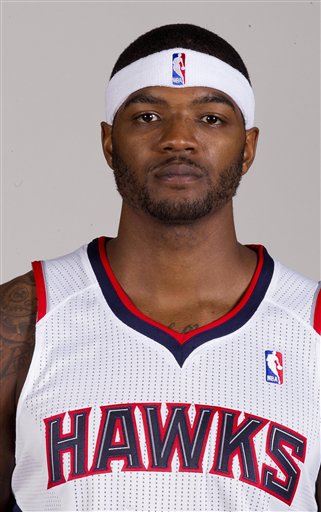 Josh Smith (Stats) |
Key bench players: Kentavious Caldwell-Pope, Kyle Singler, Jonas Jerebko, Charlie Villanueva, Rodney Stuckey, Will Bynum
2012-13 Detroit Pistons By The Numbers:
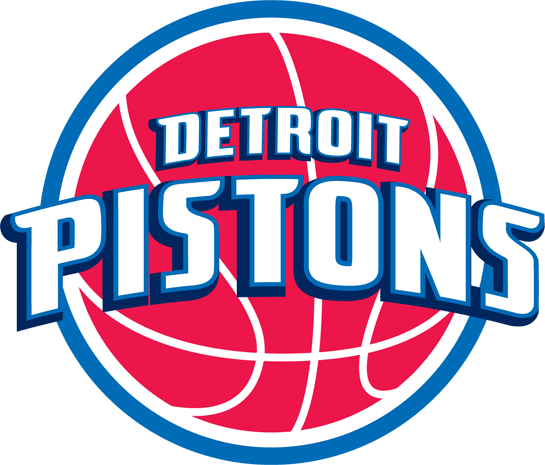 W-L: 29-53
W-L: 29-53
Playoffs: DNP
Offense: 100.9 points per 100 possessions (22nd)
Defense: 105.6 points allowed per 100 possessions (23rd)
Net: -4.8 points per 100 possessions (24th)
Pace: 93.21 possessions per game (22th)
Games vs. the Brooklyn Nets:
October 12th — Detroit Pistons @ Brooklyn Nets (Preseason) (StubHub)
November 24th — Detroit Pistons @ Brooklyn Nets (StubHub)
December 13th — Brooklyn Nets @ Detroit Pistons
February 7th — Brooklyn Nets @ Detroit Pistons
April 4th — Detroit Pistons @ Brooklyn Nets (StubHub)
Key Additions: Maurice Cheeks (head coach), Kentavious Caldwell-Pope (draft), Brandon Jennings, Josh Smith, Chauncey Billups
Key Subtractions: Lawrence Frank (head coach), Corey Maggette, Jason Maxiell, Brandon Knight
Strengths: This Detroit Pistons team vastly improved over last year’s iteration. For one, they’re huge. Josh Smith, a natural power forward, is their starting small forward. Between Smith, Monroe, and the fast-developing Drummond, the Pistons might have the best frontcourt defense in the NBA. Drummond in particular is a marvel — if you ignore his historically awful free throw shooting, he’s an athletic freak that averaged 14-13-3 blocks per 36 on 60% shooting as a 19-year-old rookie. Here’s a list of teenage rookies that have done that: Andre Drummond. End of list.
Monroe is another great post-up option and Jennings is lightning-quick and a good shooter (37.5% from three last season). On top of that, they’ve got Chauncey Billups, a career 38.8% shooter from deep. Forget last year’s 29-53 record — this Pistons team isn’t that.
Weaknesses: Josh Smith has a tendency to shoot awful shots. In a brand new system where he’s given the reins at small forward, he might capitalize on that — to the detriment of everyone around him. Jennings has been erratic in his four-year career in Milwaukee; even with his solid three-point shooting, he’s atrocious from inside the arc and has a career field goal percentage on the wrong side of 40%. Andre Drummond shot worse from the free throw line (37.1%) than Jennings did from three-point range (37.5%). Hack-A-ndre may be the next NBA craze.
Why You Should Watch: The Pistons have all these new pieces that could theoretically fit together under the right leadership and with the right tutelage. Or, it could completely fall apart. So they could conceivably be hilarious.
Also, Andre Drummond is going to destroy the NBA and everything it loves.
Against Brooklyn, the Pistons have a great interior defense but don’t have the right pieces to defend good three-point shooting teams. Three-point shooting defense is largely random, but if the Nets are able to spot up and fire away against the Pistons, they should have an advantage.
Asking The Other Side: Detroit Pistons blogger Dan Feldman of ESPN TrueHoop’s Detroit Pistons blog Piston Powered.
Most important move: Signing Josh Smith. He could be a defensive force, rebounding machine and devastating fastbreak finisher. Or he could just take a lot of long 2s and hinder the Pistons’ offense. For what the Pistons are paying him, they need him to be much closer the former if this team is going to work.
Expectations? I’m not quite ready to predict an exact number, but they should be around .500 and right in the playoff mix. The biggest wildcard is how soon they find a viable rotation. With their talent, I’m convinced there’s at least a 46-win team (or so) buried in the pile. It’s just a matter of how quickly, or even if, Maurice Cheeks can identify the ideal or near-ideal rotation.
Most teams never find that ideal rotation, simply because the possibilities are essentially infinite. But it will be important for the Pistons to get near their ideal early and before their records falls as they work out the kinks.
What’s the team system? With a new coach and so many new players, it’s unclear. Maurice Cheeks’ teams have varied a decent amount offensively, as he produced a stronger defensive identity. With their athletes and lack of shooters in the starting lineup, the Pistons should attempt to run as much as possible. That will depend on their defense, though. Drummond could be a top-end anchor, but he has to prove it over major minutes. Monroe must make major strides on that end. Perhaps, Smith can wreak a lot of havoc without the burden of guarding the post.
Matching up with Brooklyn: The Nets — if healthy, which is hardly a given, considering their age — are better than the Pistons. But the Pistons at least have the size to not let the Nets get much easy. At small forward, the craftiness of Paul Pierce vs. the athleticism of Josh Smith is an intriguing matchup. I fear, though, Deron Williams would have his way against the Pistons’ point guards with the possible exception of Rodney Stuckey, who’s probably a shooting guard on this team anyway.
The Detroit Pistons in under 100 words:
The Pistons are way, way more talented than they were last season. They should be better, too, though perhaps not quite as much as the talent upgrade alone would suggest. Josh Smith, Greg Monroe and Andre Drummond create a frontcourt with great size, but poor shooting. Brandon Jennings is intriguing, but erratic. The Pistons are on track toward relevance, and if they don’t get there this season, the team is young enough to get there next season.

